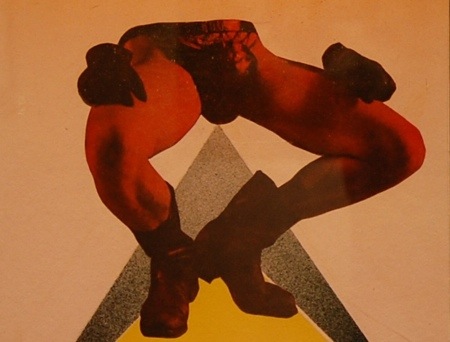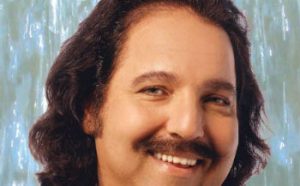UK Prime Minister David Cameron announced this summer that by the end of the year, Internet Service Providers in Britain will have to automatically block access to porn sites unless account holders “opt in.” More recently, the UK also instituted a ban on “rape porn,” also to come into effect by the end of this year.
Cameron claims that the opt-in measure will prevent what he calls the “corroding of childhood.”
It’s not entirely surprising that a proposal to monitor and effectively censor porn should be made in a country where state intrusion is arguably a part of daily life. But porn is porn, no matter which country you’re in, and trying to regulate it raises hackles because it intimately connects public policy with issues of privacy.
The vast majority of British wireless and Internet providers “have agreed to put adult-content filters on phones, public Wi-Fi networks and home computers in the coming months,” according to a CNN report. These will become the default setting for home Internet users. Deactivation requires users to call the companies and prove they are 18 or older. This is potentially an embarrassment for most consumers who are presumably unlikely to want to reveal that they want access to porn.
But it’s not the issue of embarrassment that has civil-rights activists protesting the ban. Open Rights Group (ORG), an organization devoted to issues of freedom of expression and privacy, has noted that consumers would be “sleep-walking into censorship” because an ISP can choose to include a host of topics in its automatic blocking, including alcohol, smoking, anorexia and suicide. Unblocking requires consumers to understand what they’re getting into and uncheck specific boxes on their screens.
A sex-ed wasteland
Nor are citizens’ recreational pursuits the only thing at stake. As the free-speech advocacy group Index on Censorship points out, the ban may apply to educational sites providing necessary sexual information, particularly for youth. This isn’t only because sex-ed sites may be accidentally caught in porn filters. News also broke last week that as part of its compliance with the new law, the UK’s largest Internet provider, BT, lists “sexual education” among its blocking parameters.
Simon Blake of the UK-based youth sexual-health charity Brook says that the new rules can and do result in sites like those of his organization being blocked. “One Wi-Fi provider blocked our website because it was listed under ‘sex education,’” he writes in Pink News. “Despite reassurance from the Prime Minister that there will be a ‘white list’ of sites to prevent this happening, we and our colleagues at online charity YouthNet are mindful that this will be tricky to get right.”
Blocking sex-ed websites is especially problematic for queer youth in the UK, for whom the Internet is often a crucial source of information about their sexuality. The UK’s state-sponsored school system does not require sex education. The little that occurs is arguably inadequate for the general student population, and much worse for LGBTQ youth.
Joseph Davison Duddles, a 16-year-old student at the Queen Elizabeth Sixth Form College in Darlington, confirms that the extent of sex education in UK state schools is dismal. In his 11 years of schooling thus far, he has had four hours total of sex ed.
Duddles says his lessons included “how reproduction works and how to put on a condom, but pretty much nothing about the practices of my own homosexuality.” If sex education remains hetero-specific, it will leave out potentially life-saving resources for queer and trans youth. Thus, with government-supported education overwhelmingly absent, relatively few resources spent on queer sex-ed resources, and the fact that much of what they receive is likely to be straight-centered, queer youth are left to glean information from the Internet.
Given this, Duddles is also concerned about censorship of other queer sites. His first thought when the news of the porn ban broke was, “This will have an effect not only on the freedom of people to watch online porn, but also their freedom to access and watch queer art websites.” It’s worth noting that queer images like the photography of Robert Mapplethorpe have been at the center of some of the most intense censorship debates.
“However much a government may claim to be accepting of the queer community, it will still discriminate in an arbitrary way,” Duddles says.
Keep Reading







One thing we’ve learned from our experience over here is that there is no way to censor porn without censoring sex-related speech altogether, including the serious-minded kind. That’s why supporters of free expression, though often not porn-friendly themselves, continue to resist such misguided efforts. There are many other groups in society with an interest in being able to communicate freely about sexuality. These kinds of meat-ax measures will silence them too. They will even silence those who want an outlet to criticize porn. Some of those who are very big on this imbecilic proposal may well find their own anti-porn… Read more »